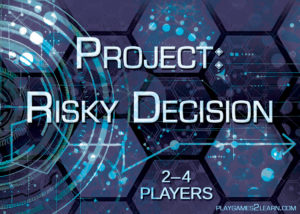I am always curious as to what drives people – what their motivation is – especially when it comes to other testers.
I know why I am a tester. My driving force is my curiosity and the need to learn and gain experience. I want to know how things work, and preferably also why. That is why I went to graduate school and got a Ph.D. in physics, and it is also why I am a tester. To me testing is a quest for information: I test to learn about a product and everything that surrounds it.
As much as I love science and research, I decided that I did not want an academic career, and did what many other physicists do: I took a job as a developer. At least programming was something I knew how to do, while the demand for experimental astro-particle physicists outside of the academic world is…somewhat limited. By coincidence, I was asked to pitch in and help the test team, and I was immediately hooked: I had found a research substitute! As a tester I am able to take full advantage of my curiosity, attention to detail, observational skills, logical thinking and ability to analyse and draw conclusions. Software testing is something I am very passionate about, something that occupies my mind constantly, and something I am so enthusiastic about that I do not really consider it “work”. I have found my true vocation.
But what about other testers? What brought them into software testing?
Asking around, a common answer seems to be “curiosity”; the need to find out how things do – or do not – work. Not surprisingly, it seems as if testers have a tendency to want things to work, and they get more annoyed than the general public when software they encounter fails. Maybe being a tester is a way to make the world function a little bit better and bother us a little bit less. There is of course also the thrill of the hunt and the excitement when you catch your prey, even if it is just a bug.
Quite a few testers start out as developers and then – like me – make the transfer, after finding that testing is more interesting and fulfilling. Why is it then that software tester is still rarely presented as a viable career path, comparable to software developer? I find it interesting – and important – to ask testers that I encounter why they are testers. Not everyone starts out as engaged and enthusiastic testers, and some might need a little bit of encouragement and coaching to realise how much fun it actually is.
Take the time to think about why you are a tester, and you might learn something new about yourself – and others.



